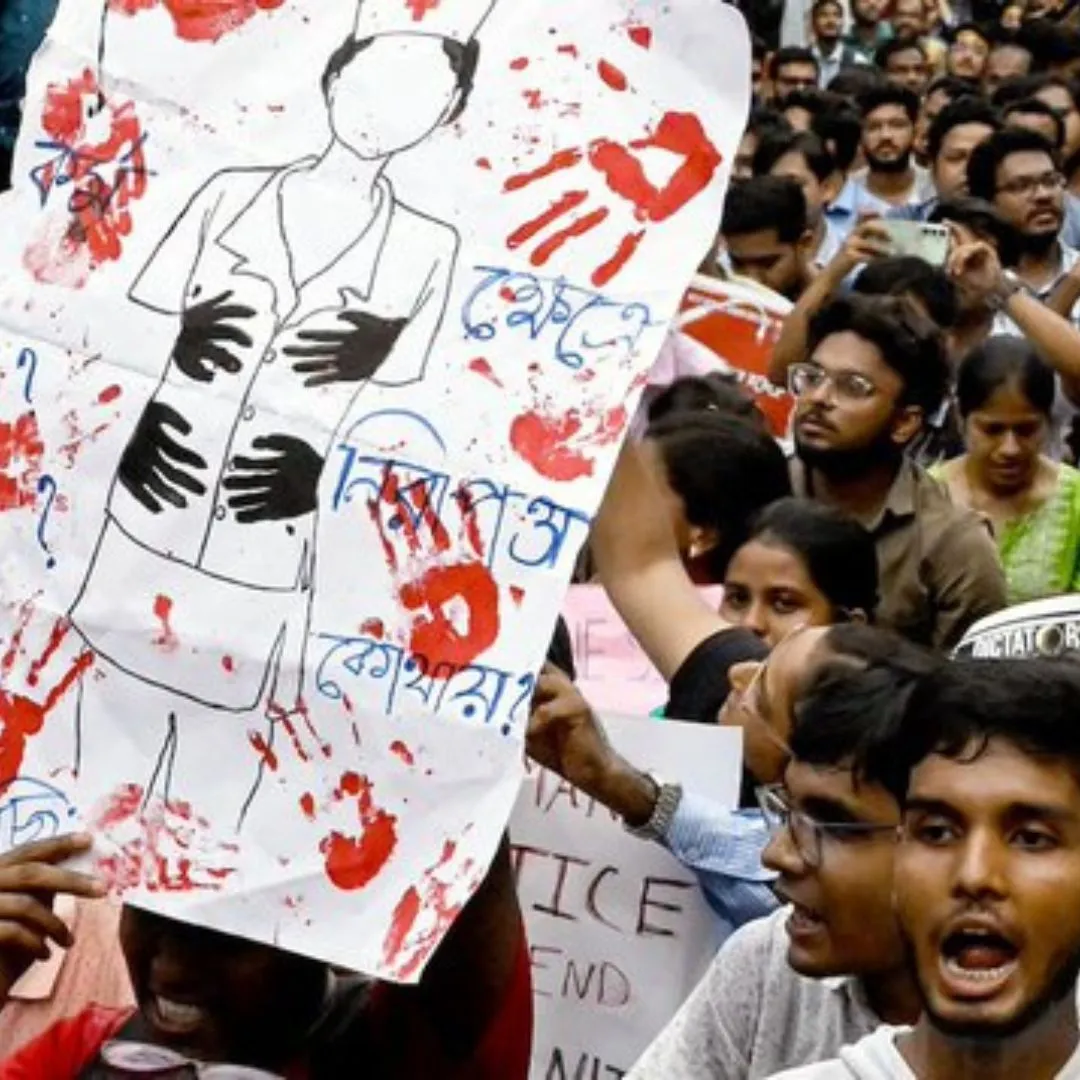West Bengal, a state in eastern India, is advocating for significantly harsher legal penalties for rape following the tragic murder of a doctor. This proposal reflects a broader effort to address the issue of sexual violence more effectively and to ensure that perpetrators face severe consequences for their crimes.
The impetus for this legislative change was the recent murder of a young female doctor in West Bengal, which has sparked widespread outrage and calls for justice. The case has highlighted the perceived inadequacies of the current legal framework in dealing with such serious offenses. In response, West Bengal’s government is proposing the introduction of the death penalty for rape, aiming to enhance the legal repercussions for offenders.
The proposal seeks to address several concerns. Firstly, it aims to act as a deterrent against rape and other forms of sexual violence. By introducing the death penalty, the state government hopes to send a strong message that such crimes will be met with the most severe consequences. The intent is to prevent potential offenders from committing similar acts, thereby improving overall public safety.
Secondly, the proposal reflects a growing demand for justice and accountability in the face of violent crimes. The murder of the doctor has deeply impacted the community and has brought the issue of sexual violence to the forefront of public discourse. In response, the proposed death penalty is seen as a way to address the concerns of victims and their families, who often feel that justice is not served adequately under the existing legal system.
Additionally, the proposal is part of a broader trend in India where states are reconsidering their legal approaches to sexual offenses. The introduction of the death penalty for rape aligns with the growing movement to ensure that justice is both swift and substantive.
However, the proposal has also sparked debate. Critics argue that the death penalty may not necessarily lead to a decrease in crime rates and could result in other issues within the judicial system. There are concerns about the potential for wrongful convictions and the ethical implications of capital punishment.
Overall, West Bengal’s push for harsher penalties, including the death penalty for rape, underscores the state’s commitment to tackling sexual violence and seeking justice for victims. The proposal represents a significant shift in the legal landscape, reflecting the urgency and gravity with which the state is addressing these serious crimes.









